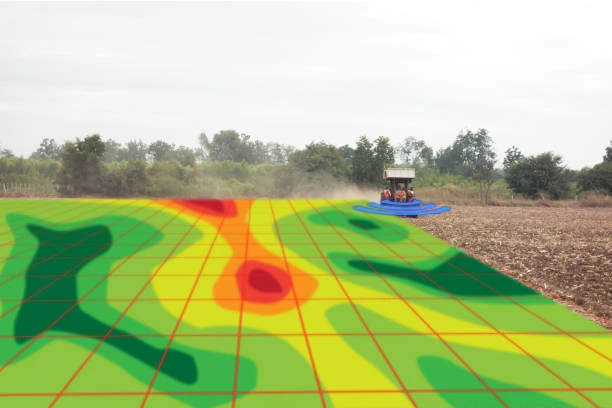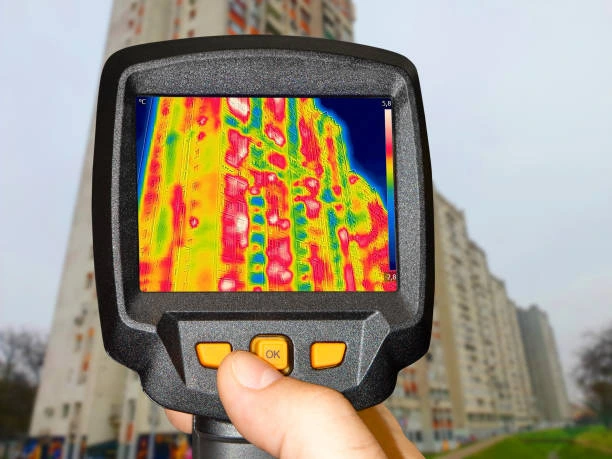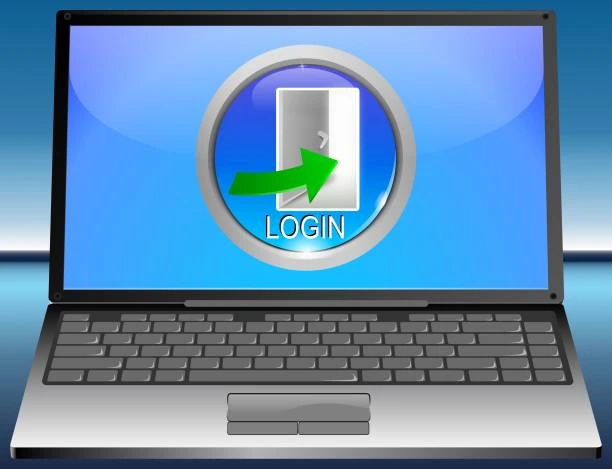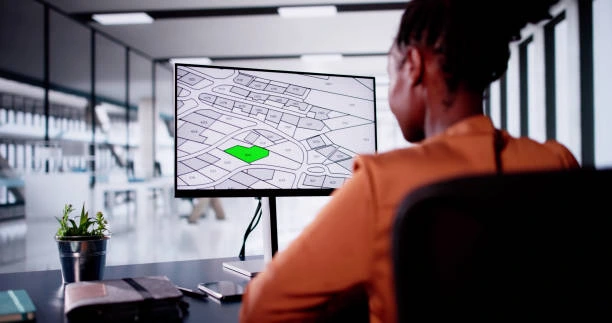Course Overview
This course provides a comprehensive understanding of remote sensing techniques and their applications in land use and land cover (LULC) analysis. Participants will learn how to interpret and analyze satellite imagery to assess changes in land use, monitor environmental impacts, and support sustainable land management practices. The course combines theoretical concepts with hands-on exercises using remote sensing software, enabling participants to apply these techniques to real-world scenarios.
Course Duration
5 Days
Who Should Attend
- Environmental scientists and professionals
- GIS specialists and analysts
- Urban planners and land managers
- Researchers and academicians in geography, environmental studies, or related fields
- Government agencies and NGOs involved in land management and environmental monitoring
Course Objectives
By the end of this course, participants will be able to:
- Understand the fundamental principles of remote sensing and its role in LULC analysis.
- Interpret and analyze satellite imagery for land use classification and change detection.
- Utilize remote sensing software for processing and analyzing LULC data.
- Apply remote sensing techniques to monitor and manage environmental impacts and land use changes.
- Develop strategies for sustainable land management based on LULC analysis.
Course Outline:
Module 1: Introduction to Remote Sensing
- Definition and principles of remote sensing
- Electromagnetic spectrum and remote sensing sensors
- Types of remote sensing data (aerial imagery, satellite imagery)
Module 2: Image Processing Techniques
- Image preprocessing (radiometric and geometric correction)
- Image enhancement and visualization
- Image classification (supervised and unsupervised)
- Object-based image analysis (OBIA)
Module 3: Land Use and Land Cover Fundamentals
- Definition and classification systems for LULC
- Importance of LULC analysis
- Challenges in LULC mapping
Module 4: Remote Sensing for LULC Analysis
- Selecting appropriate remote sensing data
- LULC classification using image analysis techniques
- Accuracy assessment of LULC maps
- Temporal analysis of LULC changes
Module 5: Applications of Remote Sensing in LULC Analysis
- Deforestation monitoring
- Urban expansion analysis
- Agricultural land use assessment
- Environmental impact assessment
- Natural disaster monitoring
Customized Training
This training can be tailored to your institution needs and delivered at a location of your choice upon request.
Requirements
Participants need to be proficient in English.
Training Fee
The fee covers tuition, training materials, refreshments, lunch, and study visits. Participants are responsible for their own travel, visa, insurance, and personal expenses.
Certification
A certificate from Ideal Sense & Workplace Solutions is awarded upon successful completion.
Accommodation
Accommodation can be arranged upon request. Contact via email for reservations.
Payment
Payment should be made before the training starts, with proof of payment sent to outreach@idealsense.org.
For further inquiries, please contact us on details below:






